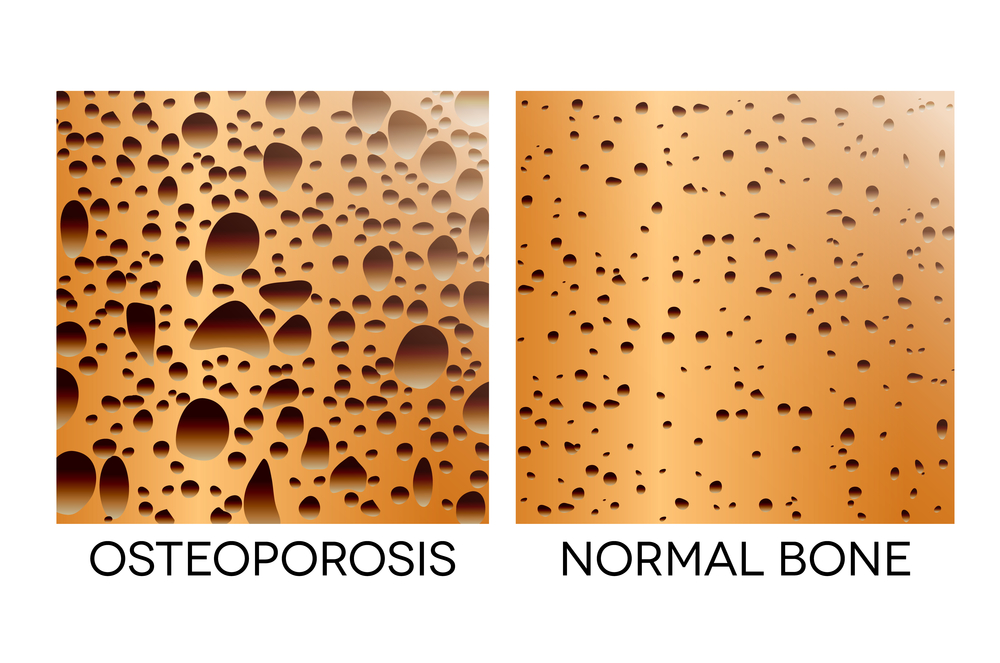Medicines are part of some people’s daily routine. Medications can do all kinds of good things such as, help lower blood pressure, cure infections, relieve pain, or prevent or control long-term conditions. All medications have a chance of side effects.
Some side effects can be positive, while others that are more frequently thought of are adverse effects or negative side effects. Not all side effects are severe or life threatening.
It is important to understand the risks and benefits to every medication and medical treatment.
What is a side effect?
A side effect is an unexpected medical problem that happens when something else is being treated. This can happen with medications, vaccines, therapies, or even surgery.
Side effects happen when the treatment does more than treat the targeted issue. A medication may be killing bad cells causing a disease, but could also be killing other healthy cells in the body. A positive side effect is getting better vision after cataract surgery. The laser that removes the cataract can sometimes improve the person’s sight.
With medication some of the most common side effects are nausea, diarrhea, or constipation because the medication passes through the digestive tract.
Causes Of Side Effects
Side effects vary for everyone sometimes based on their general health, state of disease, age, weight, and gender.
Side effects are always a possibility with any type of treatment.
Side effects can occur more often though if a person isn’t taking the medication as prescribed.
Dosages that need adjusting can also cause side effects.
A person may have an individual reaction to an ingredient in the drug or medication. This could be if someone is lactose intolerant, and they take a birth control medication that has milk fillers within the medication that can cause adverse effects.
Interaction between drugs can also cause adverse side effects. Drug interactions aren’t limited to other medications. Certain medications can interact negatively with another drug, a vitamin, a supplement, essential oils, or food or alcohol. An increased risk of bleeding and bruising can happen if a person is taking both aspirin and warfarin which are two blood thinners.
Mild Side Effects
Mild side effects that someone may experience are constipation, skin rash or dermatitis, diarrhea, dizziness, drowsiness, dry mouth, headache, insomnia, or nausea.
Mild side effects may go away after you have taken the medication for a while. Some doctors may want you to hold on to see if their side effects go away when your body gets more adjusted to the medication.
Sometimes prescription medication takes some time to get the dosage and time of day when you should take them correct. Chronic mild side effects may not be worth it, it will be up to you and your doctor to decide the pros and cons.
Serious Side Effects
More serious side effects are suicidal thoughts, abnormal heart rhythms, internal bleeding, or cancer.
Some effects have a higher chance of happening than others. Read the label of the medication and it will list the most likely to happen side effects first and then the least likely last. That way you know what side effects are more likely to happen.
It is also important to read the list of side effects that are possible so if you start experiencing them you know why they are happening and can talk to your doctor.
Vaccination & Side Effects
Vaccines can cause side effects as well. Some of the most common side effects from a vaccine are fever, overall feeling of being unwell, skin reactions, and a sore spot at the place of injection. Rarely will someone have an allergic reaction to a vaccine. Usually side effects from vaccines are short lived and are not life threatening.
Cancer Treatment & Side Effects
Cancer treatments that are focused at shrinking the tumors in a person’s body are either radiation or chemotherapy, or a combination of both. Both radiation and chemotherapy can have adverse effects on a person because the medication is so strong.
Radiation can cause fatigue, diarrhea, heart disease, nausea, muscle or joint stiffness, swelling in affected areas, sore skin, skin burns, loss of appetite, or dry mouth. There are other side effects that can occur as well.
Chemotherapy can cause side effects such as alopecia, cognitive problems, fatigue, infertility, loss of appetite, blood clotting problems, anemia, mucositis, nausea, or sore skin. Not all side effects will affect everyone who goes through these treatment options.
The more aggressive the treatment the greater tendency to have more side effects than other treatments.
Early stages of cancer that have a high chance of shrinking or getting rid of the cancer altogether may want to undergo treatment even though there are so many side effects that can occur. While someone who has late stages of cancer may think the side effects are worth the treatment.
Surgery & Side Effects
Surgery also can cause unwanted side effects. Someone who has surgery has a risk of getting deep vein thrombosis, a pulmonary embolism, constipation, hemorrhage, infection, inflammation, nerve damage or scarring.
Following discharge and recovery instructions will be important to stop some of these side effects from occurring such as infection or inflammation. Making sure to take any medication after surgery appropriately will also help with surgical side effects.
Takeaway
Knowing what side effects can happen to you when taking medication or undergoing treatment can help you be on the lookout for warning signs that something isn’t going right.
It is important to know what risk you have for having certain treatments so you can figure out if it is best for you.
While some side effects may be tolerable, not all of them will.
Weigh your options when taking medication or health treatments! It is important to understand the side effects! #HealthSurgeon
Sources:
https://www.talkspace.com/blog/side-effects-medication-drugs/
https://www.fda.gov/drugs/information-consumers-and-patients-drugs/think-it-through-managing-benefits-and-risks-medicines
https://www.ncbi.nlm.nih.gov/books/NBK126160/
https://www.webmd.com/a-to-z-guides/features/manage-drug-side-efects
https://www.medicalnewstoday.com/articles/196135#surgery









